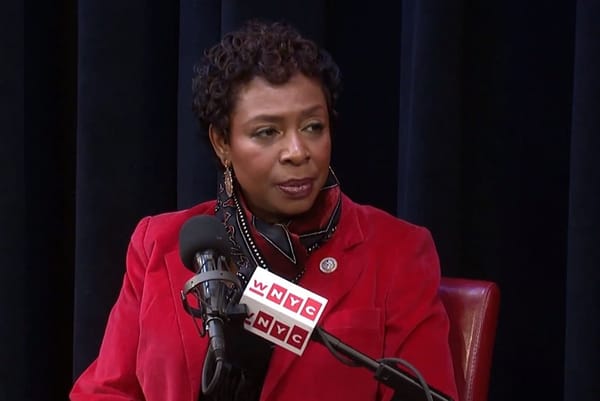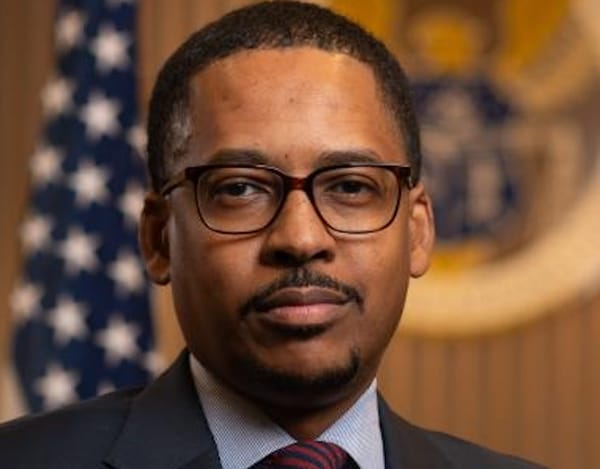House Hearing for Internet Gambling Bill
WASHINGTON, July 23, 2010- H.R. 2267, the Internet Gambling Regulation, Consumer Protection and Enforcement Act, will require online gaming sites to purchase licenses and subscribe to existing gambling laws. In a hearing this week the main stakeholders voiced their concerns.
WASHINGTON, July 23, 2010- H.R. 2267, the Internet Gambling Regulation, Consumer Protection and Enforcement Act, will require online gaming sites to purchase licenses and subscribe to existing gambling laws. In a hearing this week the main stakeholders voiced their concerns.
Edwin Williams, president and CEO of Discovery Federal Credit Union represented the Credit Union National Association (CUNA). He said the Unlawful Internet Gambling Enforcement Act (UIGEA) has unreasonable compliance costs because credit unions and other financial institutions can be liable if transactions with illegal Internet gambling providers are approved. However, the act does not give an actual definition of what constitutes “unlawful internet gambling” or a list of the known illegal online gambling providers. Williams said that the Treasury Department and Federal Reserve Board cannot find the illegal providers, so they pass the burden on to the private sector, where many of the financial institutions will struggle to comply.
However, Williams said that the proposed bill H.R. 2267 could help credit unions with those compliance costs. The bill would require Internet gaming providers to pay fees and have licenses. By having these sites federally registered, the credit unions could feel safer in making payments to them without fear of violating UIGEA.
Tom Malkasian, owner and director of strategic planning at Commerce Casino, said his company fully supports legalizing online gaming. However, he said he “must testify in strong opposition to H.R. 2267 as currently written, and urge members of the committee to vote against it barring numerous and significant changes to address what we view as the many weaknesses currently in the legislation.”
His criticized the projected revenues, $42 billion, that the bill’s supporters say will result from legalizing online gaming. He said those estimates are built off of unreliable information and false assumptions. The revenue estimates assume the internet sites would be American, but H.R. 2267 does not require that the sites be hosted in this country.
Malkasian also said the bill would constitute a violation of states’ and tribal lands’ rights, all of whom have their own gaming laws in place. Instead, he proposed amending the bill so that states and tribal lands could opt-in by voting in state legislatures of tribal councils, which would allow more time for public debate.
Lynn Malerba, chairwoman of the Mohegan Tribe in Connecticut, said that she is glad the federal government has worked with Native Americans on H.R. 2267, since Indian gambling has been the biggest economic benefit to the Native Americans. The Mohegan Tribe and a coalition or other tribes say that they support the bill’s vision that regulating internet faming can be possible.
She said the most important improvement in the bill would be a provision that makes it clear that tribal land governments and gaming facilities would be allowed to operate online gaming sites. She was also concerned that the bill could conflict with regulations in the Indian Gaming Regulatory Act, and wanted the committee to ensure that a combination of the two laws would not be too restrictive to tribal gaming facilities.
Law enforcement and anti-terrorism consultant and former federal prosecutor Michael Fagan was concerned with the costs of enacting the bill. He said he was positive that the bill would be much more costly and difficult to comply with than the current status quo. He has particular compliance concerns were with law enforcement, and said “it would be irresponsible to take any steps toward expanding the availability of internet gambling — such as giving up on controlling the problem — in the United States before first directing and funding the Department of Justice and/or the states’ attorneys general to enable a coordinated, systematic approach to enforcing existing laws prohibiting and taxing such conduct.”
Professional poker player Annie Duke spoke on behalf of the Poker Players Alliance, a group formed to combat efforts to eradicate online poker playing. She said the baseline issue of the bill was personal freedom, and that people’s activities should not be constrained in the privacy of their own homes by the government.
Duke said H.R. 2267 is not proposing to expand internet gaming, but it will simply provide a set of regulations and safeguards to an already growing industry. Instead of playing on foreign-regulated sites, American poker players want to play online on American sites, “which will provide even greater consumer protections for the player and yield badly-needed tax revenue for state and federal governments.”
Congressman Ron Paul also spoke at the hearing in support of the bill. He said it creates no new federal laws, only a process in which gambling sites comply with current laws. Paul felt like a ban on internet gambling is in an infringement on someone’s right to use their money as they see fit. And while he said he personally thought gambling to be a “dumb waste of money,” Americans have the right to take the same financial risks gambling that they do when buying a used car or investing in a hedge fund.
He urged his colleagues to support the bill, and restore the right of Americans to decide whether or not they want to gamble online.







